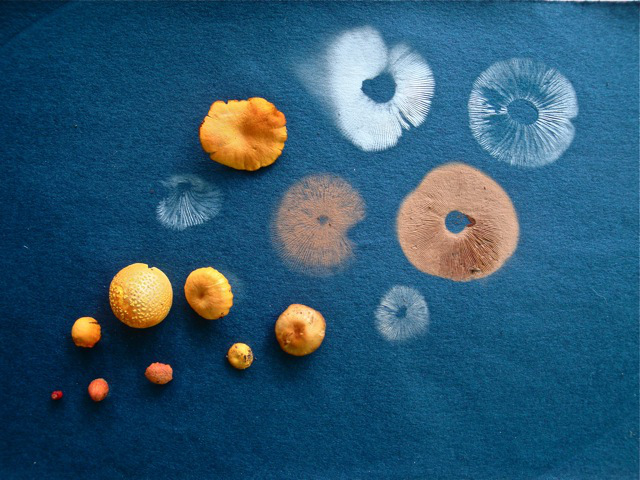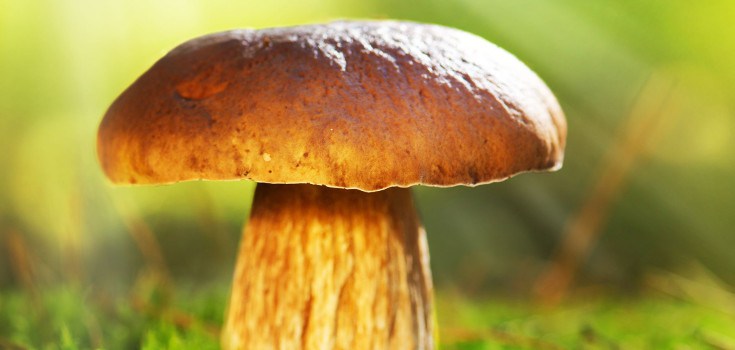Monsanto Threatened by New Bio Breakthrough
March 12th, 2015 | by AnonWatcher

ENVIRONMENT
12

- 27
- 3.93k
What on earth could make the mega-corporation that is Monsanto quiver in its boots? One single man who has dedicated his life to the study of mushrooms, may have just patented the answer.
The argument from Paul Stamets, an argument he has presented throughout his research career as he literally unearthed magical medical cure after cure, is that the mushroom holds the key to saving the world.
Paul Stamets is the world’s leading mycologist, but has received little recognition for his work. In 2001, when he filed for a patent, [1] he was all but ignored. His research was considered disruptive to the conventional industries; according to pesticide industry executives, the patent Stamets filed is “the most disruptive technology that we have ever witnessed.”
This very patent is one that even the big organizations like Monsanto are condemning: it is a bio-pesticide, described in the patent as a “near permanent, safe solution for over 200,000 species of insects.” It is entirely derived from a mushroom.
Paul Stamets has patented a SMART Pesticide. A harmless pesticide. One that encourages eco-diversity and promotes ecology, while proving itself to be very effective. After the ‘sporulation’ of the mushroom, what is called entomopathogenic fungi is released. What this does in layman’s terms is that it kills insects and makes the surrounding area unsuitable for any insect that the fungi is specifically coded for. Stamets also goes one step further. With extracts of this fungi, insects can be steered to different locations. [2]
Simply put: a farmer simply sprays this new fungi bio-pesticide on his crops and watches as insects fall from the skies. No more need for GMO seeds, and no more need for harmful cancer causing sprays. What’s more, according to the patent, this new type of bio-pesticide is able to be “cultivated on agricultural waste.” It’s safe for the environment, the people involved, it’s easy to cultivate and it’s essentially free.
[1] Stamets, P. Mycopesticides – The Patent. Retrieved fromhttps://www.google.com/patents/US20040161440?dq=paul+stamets&hl=en&sa=X&ei=8dLrVL2XLcOeggTOsISIDQ&ved=0CE4Q6AEwBw
[2] Jaxen, J. (2015, February 27). This Natural Food Could Finally Put an End to Harmful Pesticides. http://naturalsociety.com/this-natural-food-could-finally-put-an-end-to-harmful-pesticides/



